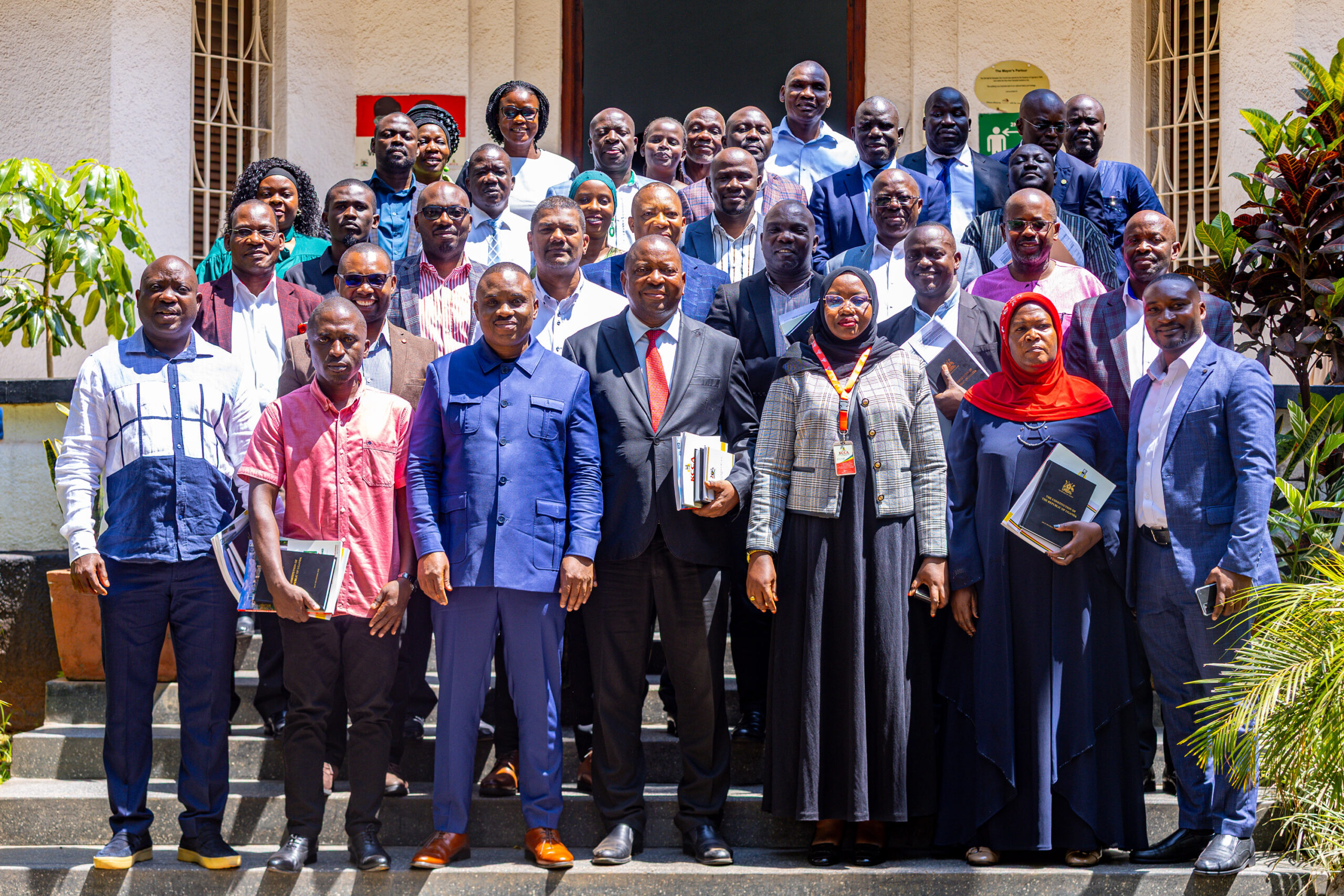Kampala Capital City Authority (KCCA) has taken a landmark step in urban governance by unveiling a new finance system aimed at empowering its five city divisions with devolved financial management powers. This reform, effective from July 1, 2025, decentralizes budgetary authority to the divisions, increasing their autonomy, improving service delivery, and promoting accountability within Kampala’s rapidly expanding urban landscape.

Background and Objectives
This reform comes nine years after the KCCA Council approved devolution as a governance principle. The new finance system aligns with the KCCA Act (Cap 195) and Uganda’s Public Finance Management Act (2015), empowering divisions to manage independent budgets for routine operations. The key objectives include:
-
Decentralizing financial powers to divisions for improved responsiveness
-
Promoting transparency and accountability at the local level
-
Enhancing efficiency in service delivery such as sanitation, markets, and local infrastructure
-
Strengthening local democracy by bringing decision-making closer to Kampala residents
Features of the Devolved Finance System
Financial Decentralization
-
Division town clerks appointed as Finance Sub-Accounting Officers
-
Divisions receive direct budget allocations for operational expenses such as paying local workers and procuring services
-
Centralized oversight on major infrastructure and strategic projects remains under City Hall
-
Automated financial management systems facilitate transparency and real-time budget monitoring
Capacity Building and Governance
-
Staff across all divisions have undergone training in financial management and accountability
-
Stronger internal controls and uniform financial policies ensure compliance
-
Division mayors and councils granted mandate to make planning and spending decisions under existing legal frameworks
Expected Benefits
-
Faster decision-making and implementation of local projects
-
Improved service delivery tailored to specific division needs
-
Enhanced citizen participation and ownership of governance processes
-
Reduction in bureaucratic delays and misuse of funds
Financial Overview (Budget Allocations)
Below is the projected KCCA budget framework for FY 2025/26 with estimates from previous years, showcasing the distribution between divisions and administrative departments:
| Budget Category | FY 2023/24 (Billion UGX) | FY 2024/25 Approved (Billion UGX) | FY 2025/26 Proposed (Billion UGX) |
|---|---|---|---|
| Recurrent Wage | 143.199 | 143.199 | 157.519 |
| Recurrent Non-Wage | 75.954 | 84.505 | 101.406 |
| Development GoU | 46.939 | 46.939 | 56.327 |
| External Financing | 119.974 | 521.766 | 601.492 |
| Total Budget | 386.066 | 796.409 | 916.744 |
Division Budgets (Partial Snapshot)
| Division | FY 2024/25 Budget (Billion UGX) | Main Allocation Purpose |
|---|---|---|
| Central Division | 1.840 | Executive support & coordination |
| Kawempe Division | 0.004 | Local operations |
| Lubaga Division | 0.004 | Local administration |
| Makindye Division | 0.004 | Local development |
| Nakawa Division | 0.004 | Local services |
Note: Division amounts reflect allocated budgets for routine expenses devolved from centralized KCCA management.
Implementation and Future Outlook
KCCA Executive Director Hajjat Sharifah Buzeki emphasized that this reform is a bold step towards operationalizing true devolution in Kampala. It harmonizes budgets and planning across divisions, enabling measurable performance. The reforms also leverage technology like the Integrated Financial Management System (IFMS) for automation, data transparency, and fraud reduction.
Lord Mayor Erias Lukwago noted the historic significance of the reform and urged division officials to exercise their new powers with utmost responsibility. Mayors and town clerks have welcomed the changes as a means to improve accountability and service delivery at the grassroots level.
This finance system rollout complements Uganda’s broader Public Financial Management (PFM) Reform Strategy (2025-2030), which focuses on strengthening fiscal discipline, revenue mobilization, and efficient use of public resources to support economic growth and improved urban living standards.
Summary
KCCA’s new finance system to empower divisions heralds a new era in urban governance driven by decentralization, accountability, and efficient resource use. By granting divisions control over their budgets and operations, Kampala aims to deliver better services, increase citizen engagement, and foster sustainable urban development.

